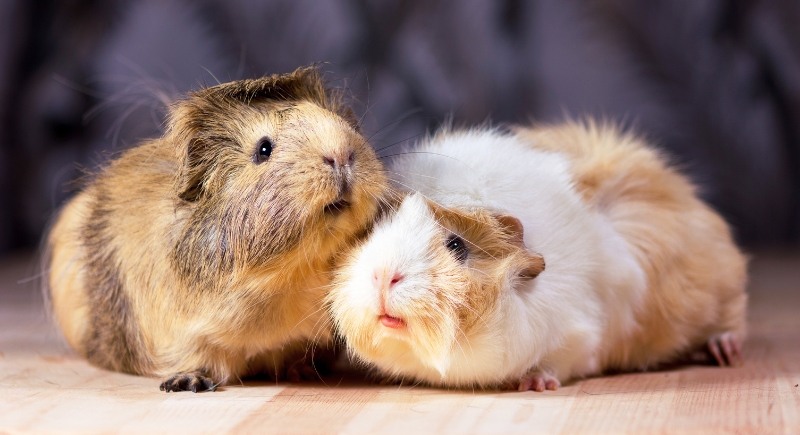Switzerland Has a Law That Makes It Illegal to Own Just One Guinea Pig
Switzerland takes animal companionship seriously, and guinea pigs ended up at the center of one of the country’s unexpectedly thoughtful laws. These little squeaky pets are considered social animals that struggle when they’re kept alone. The government decided their happiness matters enough to put it in the books, so owning only one guinea pig is against the law. It might sound quirky at first, but it comes from a simple idea: animals that depend on each other deserve a companion.
In 2008, Swiss lawmakers introduced a comprehensive 182-page Animal Protection Ordinance. Hidden among rules for everything from macaws to mice was a clear standard for guinea pigs. Anyone who adopts them has to keep at least two so they can interact, groom, chatter, and bond the way they naturally do. A single guinea pig is considered mistreated under Swiss standards, even if the owner showers it with attention. Humans are great, but to a guinea pig, nothing compares to the comfort of another guinea pig.
The Problem No One Saw Coming

Image via iStockphoto/Svetlanistaya
This thoughtful law ended up creating a funny little issue. Guinea pigs rarely pass away at the same time, even when they’re the same age. Owners who start with a pair suddenly face a dilemma when one dies. They want to stay within the law, but they may not want to begin an endless cycle of adopting new guinea pigs. One pet passes, you adopt a replacement. Then the older one passes, you adopt another. Before long, you’re knee-deep in guinea pig life.
Switzerland found a surprisingly practical solution. A kindhearted woman named Priska Küng stepped in with an idea that seems strange until you realize how well it works. She started a rent-a-guinea-pig service. Yes, renting a guinea pig is absolutely a thing in Switzerland.
How The Rent-A-Guinea-Pig Service Works
Priska lives in a village about 30 kilometers from Zürich with roughly 80 guinea pigs, plus a handful of other pets. She has cared for them since she was a kid and even runs an umbrella group for guinea pig breeders. When someone loses one half of their guinea pig pair, Priska steps in with a temporary companion for the survivor.
Owners pay a small deposit. When they return the guinea pig, they get half the money back. Some people only need a buddy for a few weeks, while others hold on to the rental for months or longer. Every so often, an owner ends up realizing they still enjoy having guinea pigs around and decides to adopt again.
Priska is careful with her matchmaking. A young, hyper guinea pig can irritate an older one. At the same time, she has seen older guinea pigs perk up when paired with a younger friend. The goal is to keep the animals happy, not just fill a legal requirement.
The Bigger Picture Of Swiss Animal Care

Image via Wikimedia Commons/Norbert Aepli, Switzerland
Guinea pigs aren’t the only creatures Switzerland looks out for. The same rulebook that protects them also covers mice, rats, chinchillas, degus, and several types of birds. Even domestic rabbits have rules about how they should be kept, especially during their early weeks. Dog owners have to take training classes, and even fishing requires a course that teaches humane practices.
The result is a country that treats animals like living beings with real needs, not accessories. Guinea pigs might be tiny, but in Switzerland, they’ve inspired a system built on care, thoughtfulness, and a whole lot of squeaks.